Outlines of Greek and Roman Medicine
Outlines of Greek and Roman Medicine
Book Excerpt
f a family had great powers conferred upon him by the Roman law, and was physician as well as judge over his family. If he took his new-born infant in his arms he recognized him as his son, but otherwise the child had no claim upon him. He could inflict the most dire punishments on members of his household for which they had no redress.
Cato, the Elder, who died in B.C. 149, wrote a guide to domestic medicine for the use of Roman fathers of the Republic, but he was a quack and full of self-conceit. He hated the physicians practising in Rome, who were mostly Greeks, and thought that their knowledge was much inferior to his own. Plutarch relates that Cato knew of the answer given to the King of Persia by Hippocrates, when sent for professionally, "I will never make use of my art in favour of barbarians who are enemies of the Greeks," and pretended to believe that all Greek physicians were bound by the same rule, and animated by the same motives. However, Cato did a great deal of good by attempting to les
Editor's choice
(view all)Popular books in Health, Non-fiction
Readers reviews
3.0
LoginSign up
The book starts with a chapter on early Roman medicine.
The next chapters are on:
Early Greek Medicine, Hippocrates, Plato, Aristotle, School of Alexandria, empiricism, Roman medicine in the Republican time, the Empire, the Christian time, Galen, the later Roman and Byzantine time, influence of Christianity, Gymnasia and Baths, Sanitation, fees, and more.
I recommend this book to anyone who is interested in Greek and Roman history, in Early Middle Ages history, history of Medicine, or Philosophy. The author was a medical doctor.
The next chapters are on:
Early Greek Medicine, Hippocrates, Plato, Aristotle, School of Alexandria, empiricism, Roman medicine in the Republican time, the Empire, the Christian time, Galen, the later Roman and Byzantine time, influence of Christianity, Gymnasia and Baths, Sanitation, fees, and more.
I recommend this book to anyone who is interested in Greek and Roman history, in Early Middle Ages history, history of Medicine, or Philosophy. The author was a medical doctor.
- Upvote (0)
- Downvote (0)
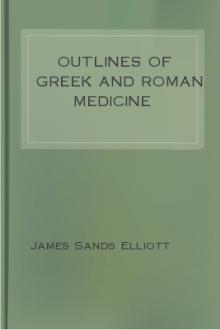
 Free Download
Free Download















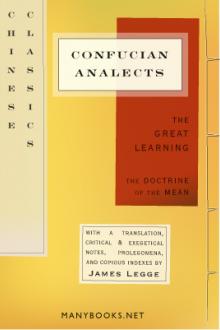


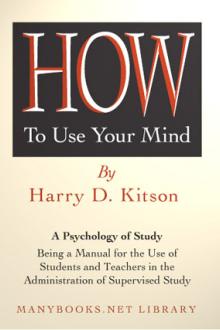

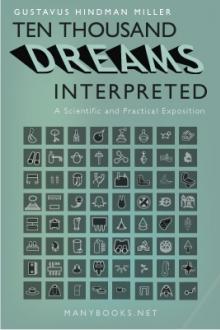

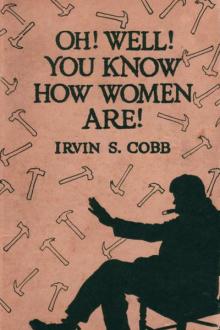
-itok=vcKIB5v1.jpg)
